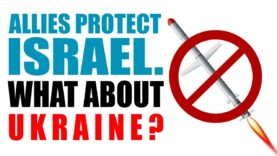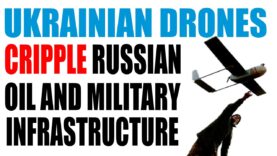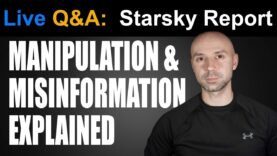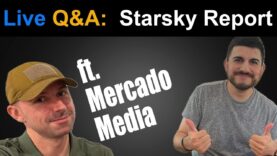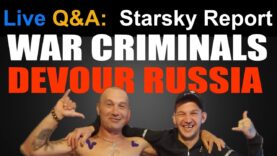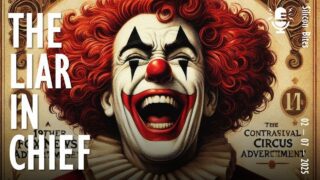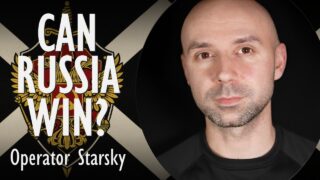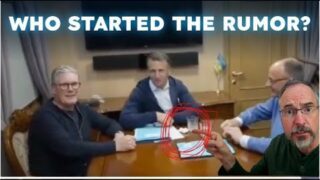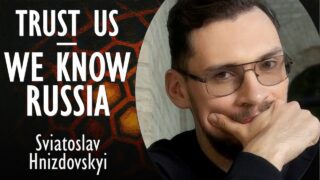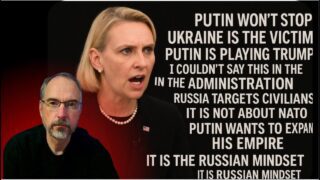What to believe??? | Day 796
Video Summary
As a communication specialist with a master’s degree in public relations and 12 years of experience, I’ve worked with various government agencies, PR agencies, and TV channels. In this stream, I’ll be discussing the concept of the “ultimate truth” and how to recognize when information is fake or not.
The term “ultimate truth” is utopian, as we all choose what to believe and whom to trust. The problem lies in the fact that most people consume information through emotional rather than rational thinking, making it difficult to recognize fake news and manipulation. As a professional in the field of communication, I’d like to offer some tips on how to identify and counter propaganda.
Firstly, we need to understand the concept of manipulation, which is a natural part of human behavior. We all manipulate or are manipulated in various situations, whether it’s convincing someone to study harder or trying to get a good deal at a store. Governments, and even media outlets, use manipulation to achieve their goals, which is a natural part of the human experience.
However, the Russian Federation, unlike Western governments, does not pursue political objectives but rather military ones. This is evident in their actions, such as the annexation of Crimea and the ongoing conflict in Eastern Ukraine. It is crucial to understand that the goal is not to protect the motherland but to expand its territory.
To counter the Kremlin’s propaganda, it’s essential to fight it with facts and not with more propaganda. Instead, we can use art, creativity, and individual actions to resist the spread of misinformation. As individuals, we can become influencers, creating content that promotes truth and accuracy. We can also engage in online activism, countering pro-Russian propaganda with memes and other forms of creative expression. Ultimately, it’s crucial to ensure that we are prepared to combat misinformation and propaganda in our personal and professional lives.

